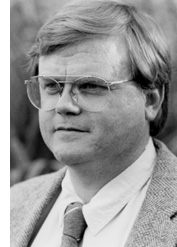How to End the War in Iraq? MoveOn Answers Its Critics
Submitted by John Stauber on
Alternet's Don Hazen interviews the founders of MoveOn. He writes, "For the first time ... members of Congress -- at least the new Democratic majority, along with a handful of Republicans -- finally caught up with the population" and "confronted Bush over the financing of the war and a real timeline for ending it. ... The ability to win this first victory was difficult and complex. It was achieved in part with the energetic and savvy support of millions of progressives and particularly MoveOn.org ...

 On the other hand, a stalled investigation may be part of a
On the other hand, a stalled investigation may be part of a  I've been asked to
I've been asked to